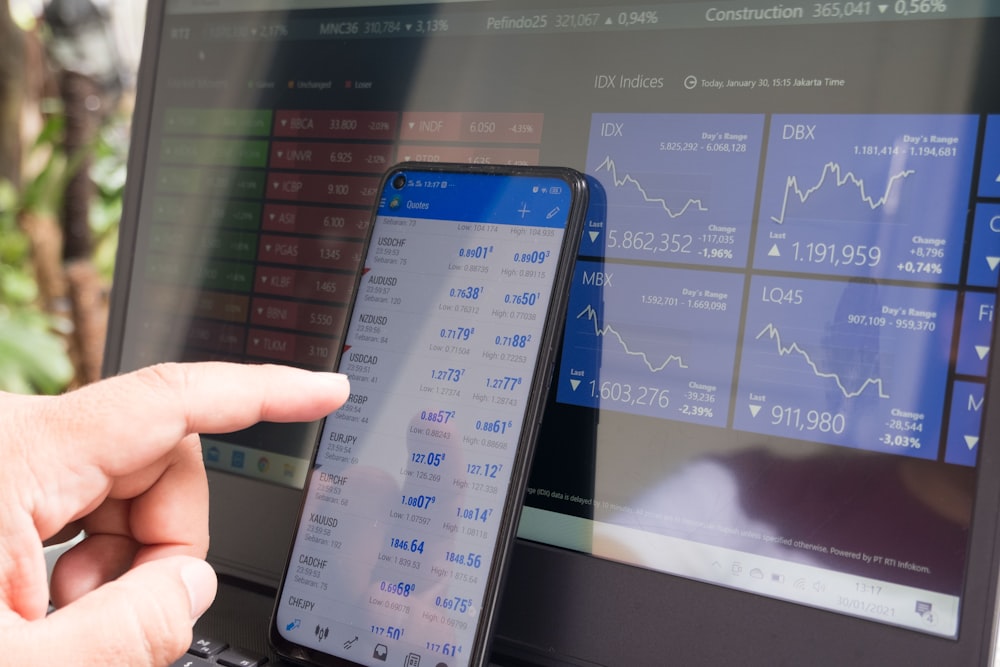Boeing Reports Challenging Q2 2024
Image Source: Unsplash
Boeing (NYSE: BA) reported its financial results for the second quarter of 2024, revealing a challenging period marked by significant losses.
The company recorded a revenue of $16.9 billion, a 15% decline from $19.8 billion in the same quarter of 2023. The GAAP loss per share stood at ($2.33), while the core loss per share was ($2.90). Operating cash flow was negative at ($3.9) billion, and free cash flow was also in the red at ($4.3) billion.
The primary factors contributing to these results were lower commercial delivery volumes and losses on fixed-price defense development programs. Despite these setbacks, CEO Dave Calhoun emphasized the company’s ongoing efforts to strengthen its quality management system and its strategic acquisition of Spirit AeroSystems (NYSE: SPR), which is expected to close by mid-2025.
The company also announced Mr. Calhoun’s successor, Kelly Ortberg, who will become its new CEO.
Boeing Revenue Dropped Notably in Q2
Boeing’s commercial airplane segment saw a notable decline, with revenues falling to $6.0 billion from $8.8 billion in the same quarter the previous year, a 32% drop. The segment also reported a loss from operations of ($715) million, compared to a loss of ($383) million in Q2 2023.
This downturn was attributed to reduced deliveries and increased period costs, including research and development expenses. The defense, space, and security segment also faced challenges, with revenues slightly decreasing to $6.0 billion from $6.2 billion and a significant operating margin decline to (15.2)% due to $1.0 billion in losses on fixed-price development programs.
When comparing Boeing’s current performance against expectations, the results fell short of analyst projections. The expected earnings per share (EPS) for the quarter were ($1.84), but the actual GAAP EPS came in at a more substantial loss of ($2.33).
Similarly, revenue expectations were set at $17.35 billion, but the company reported $16.9 billion, missing the mark by approximately $450 million. These discrepancies highlight the more significant-than-anticipated impact of the challenges Boeing faced, including supply chain constraints and lower commercial airplane deliveries.
The company’s performance metrics also showed considerable declines compared to the previous year. For instance, the operating margins decreased to (6.5)% from (0.5)% in Q2 2023. The net loss for the quarter was ($1.4) billion, a stark contrast to the ($149) million loss in the same period last year.
These figures underscore the severity of the operational challenges Boeing encountered, further exacerbated by ongoing issues in the defense sector, such as losses on the KC-46A and other fixed-price programs.
Boeing Still Holds a Robust Backlog with 5,400 Orders
Looking ahead, Boeing has provided guidance that reflects both cautious optimism and acknowledgment of the hurdles that remain.
The company plans to increase production rates for its 737 and 787 programs by the end of the year, aiming for 38 and 5 units per month, respectively. The acquisition of Spirit AeroSystems is a strategic move intended to bolster Boeing’s supply chain and production capabilities, although the transaction is not expected to close until mid-2025.
Boeing’s backlog remains robust at $516 billion, including over 5,400 commercial airplanes, which provides a cushion against short-term market fluctuations. The company also highlighted its comprehensive safety and quality plan submitted to the FAA, which is a critical step in restoring confidence and ensuring future operational stability.
However, Boeing’s substantial debt load, which increased to $57.9 billion from $47.9 billion due to new debt issuance, remains a concern that the company will need to manage carefully.
More By This Author:
T-Mobile Reports Q2: Beats EPS Expectations By $0.212 Cold Storage REITs To Buy As Industry Heats Up
Delta Air Lines To Seek Compensation After IT Outage, CRWD Stock Drops
Disclaimer: The author does not hold or have a position in any securities discussed in the article.
Disclosure: None.




